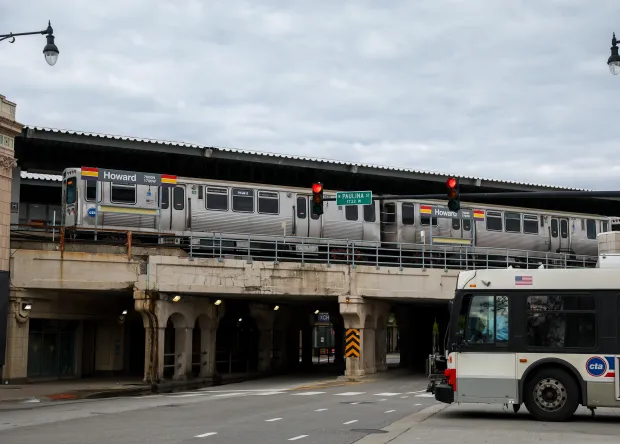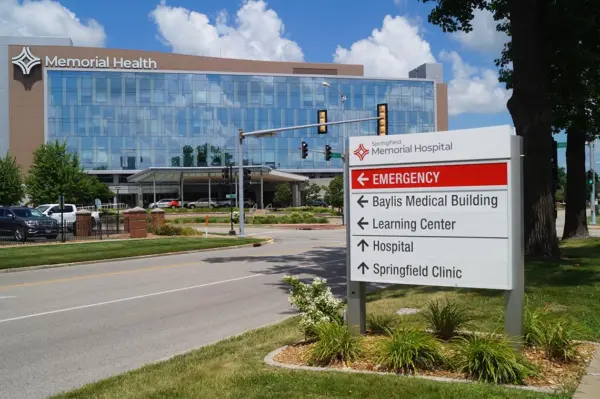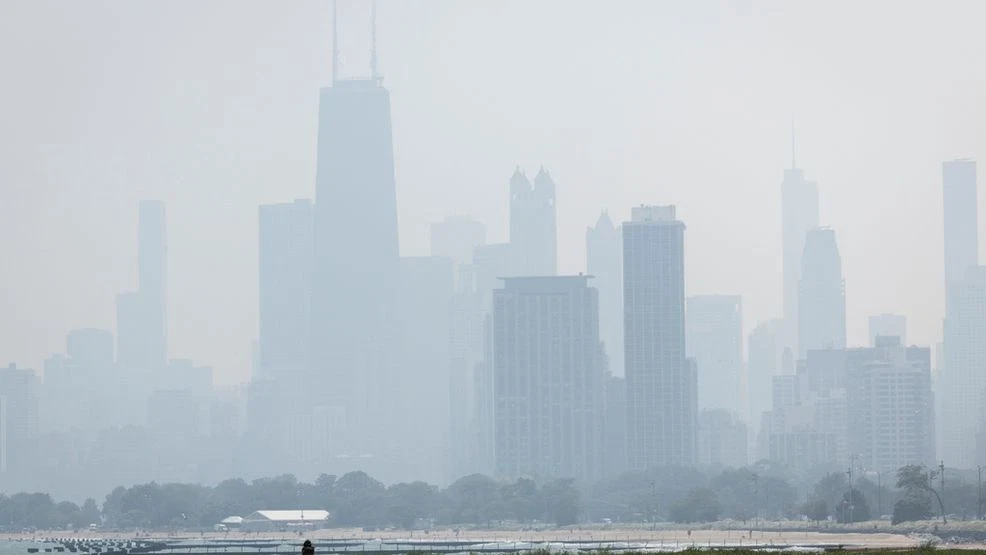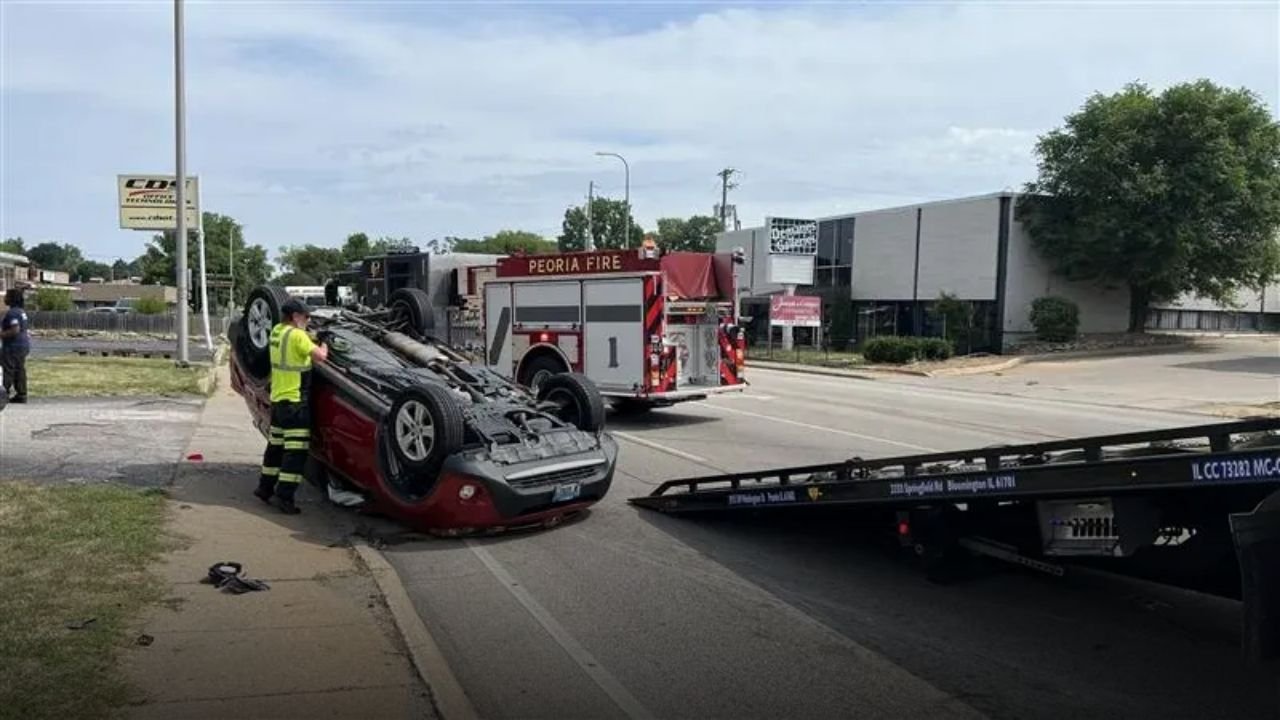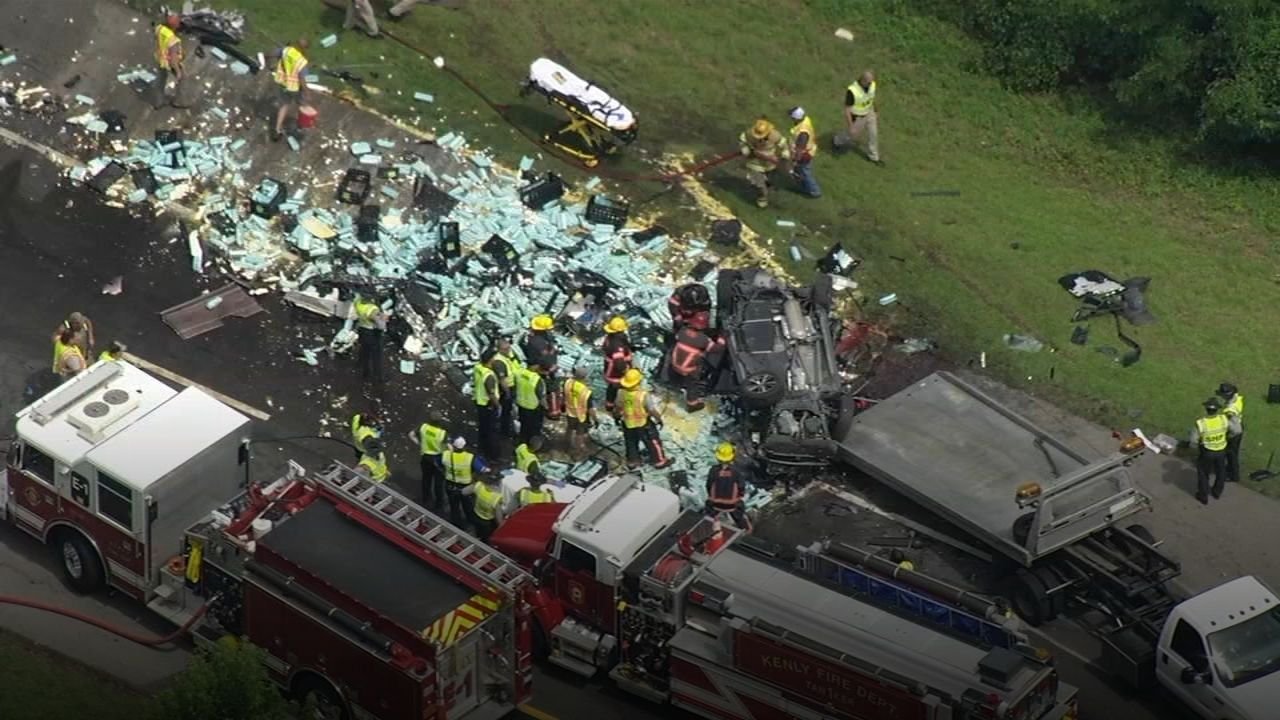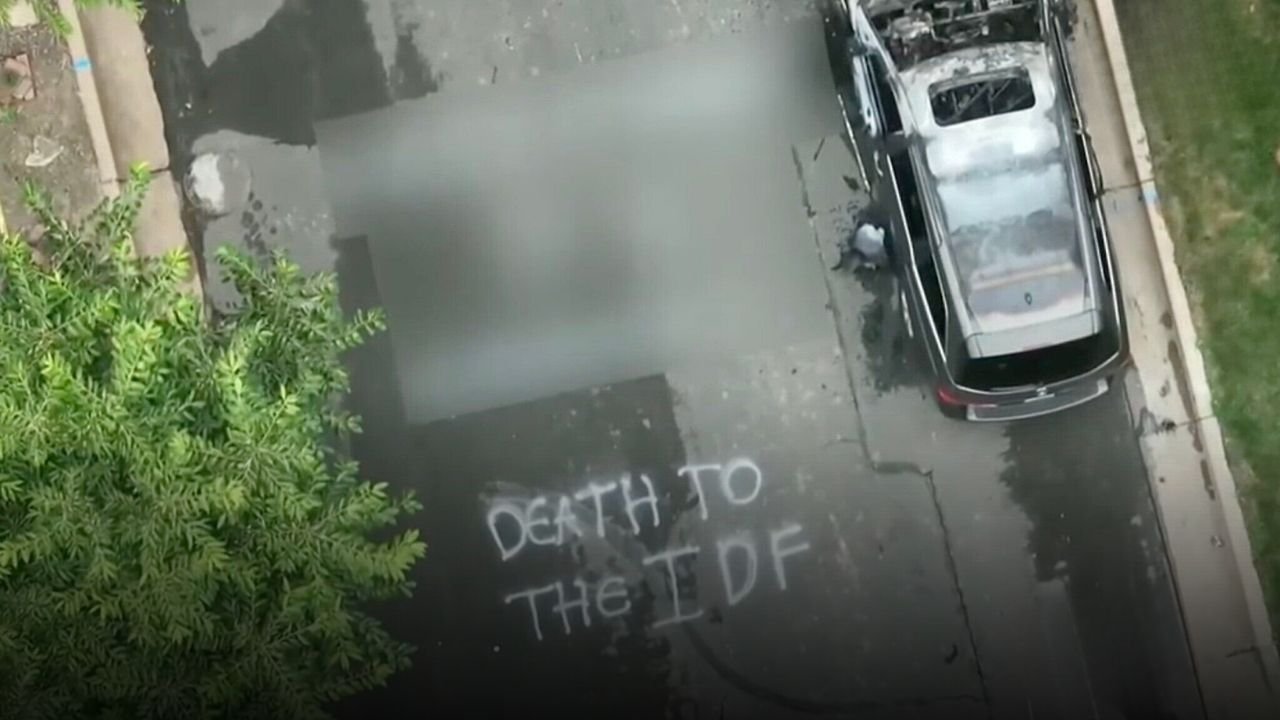CHICAGO — Facing a projected $771 million budget shortfall, the Regional Transportation Authority (RTA) has instructed Chicago’s three main transit agencies — Metra, the Chicago Transit Authority (CTA), and Pace — to prepare two versions of their 2026 budgets: one assuming no new state funding, and another accounting for a potential legislative bailout.
Budget Planning Under Financial Strain
The order came during a June 12 RTA board meeting, where Executive Director Leanne Redden said the agency has “no choice but to begin a budget process that assumes we’ll have 20% less funding in 2026.” Redden emphasized that while discussions with elected officials will continue, the region should expect real and painful impacts regardless.
“I don’t want to give everyone false hope that there’s a way to avoid some of the negative impacts,” Redden noted, adding that the outcome was “preventable.”
This decision comes after the Illinois General Assembly adjourned its spring session without enacting a funding solution, leaving the RTA to plan for worst-case scenarios that could include drastic service cuts.
Proposals and Political Delays
Before adjourning, the state Senate passed a funding bill that proposed several revenue-generating strategies, including:
-
A $1.50 surcharge on home deliveries
-
A tax on rideshare trips
-
Redirecting certain existing taxes from counties to regional transit
However, there is no guarantee that the state House will approve the plan during an upcoming special session or the October veto session, making it uncertain whether any relief will come in time. As Streetsblog Chicago reports, any new revenue might not materialize until July 2026.
Transit Cuts Could Be Severe
If additional funding is not secured, CTA rail service could see four line closures, Metra frequency slashed, and Pace operations downsized. The RTA is forming a task force to explore:
-
A systemwide fare increase
-
Expense reductions
-
Stretching remaining federal COVID relief funds
As highlighted by Trains.com, failure to address the shortfall could force up to a 40% service reduction across Chicago-area transit networks.
RTA Board Chairman Kirk Dillard, a former Illinois state senator, warned that even if the legislature acts, funding delays could still paralyze operations.
“It’s not a light-switch process,” Dillard said. “It will take several months to have any new flow of revenue.”
What Comes Next?
The RTA’s message is clear: prepare for both outcomes. Chicagoans should brace for significant transportation disruptions unless lawmakers act swiftly and decisively. As the October veto session approaches, pressure is mounting on state leaders to prevent what could be a transit crisis across the region.
Do you rely on the CTA, Metra, or Pace for your daily commute? What changes would impact you most? Share your thoughts with us at Chicago Suburban Family.

